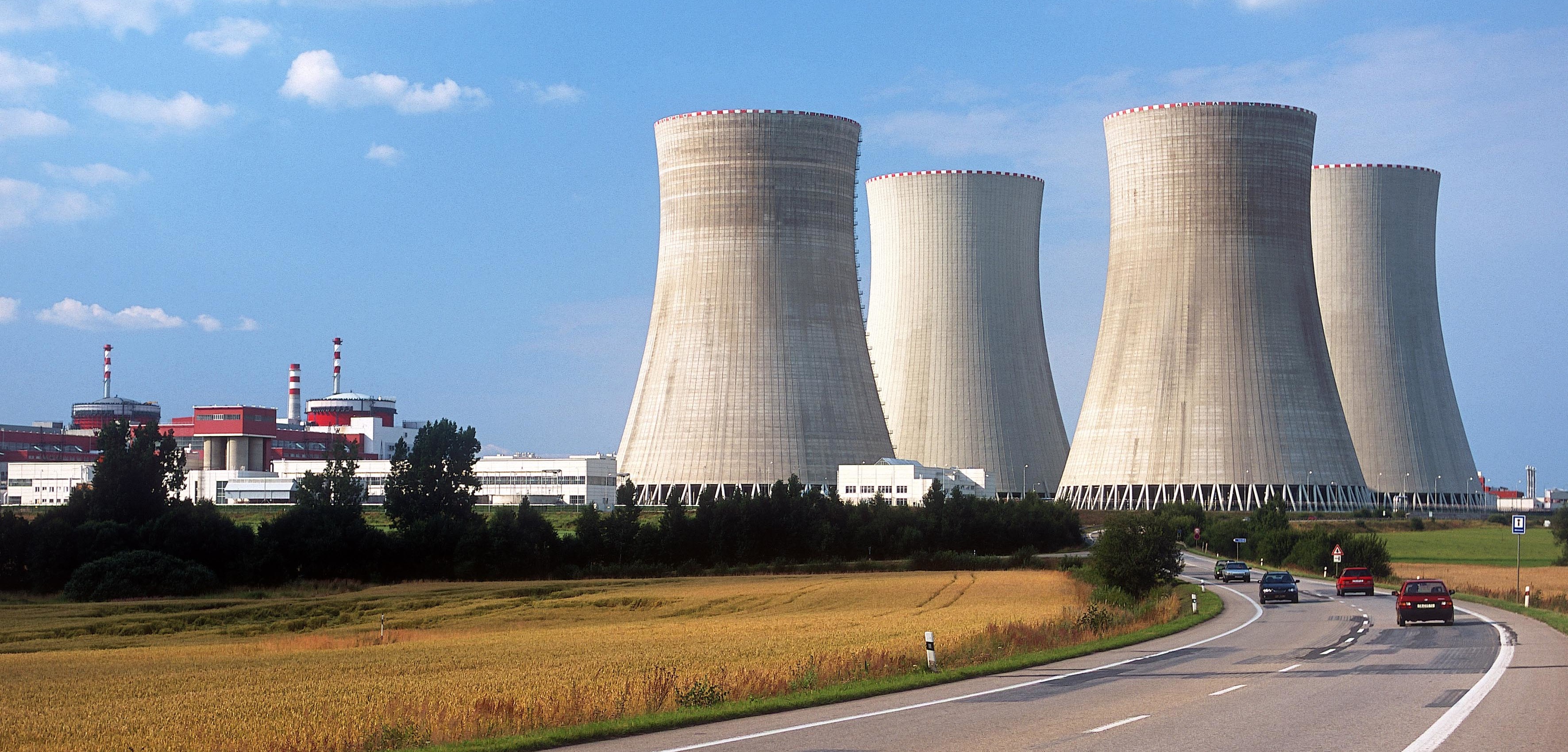What Italy must do to reactivate nuclear energy

The president of the Italian Nuclear Association, Umberto Minopoli, has asked the politicians to implement three measures to reintroduce nuclear energy in Italy. Here's which ones and why
In his report for the national day of the Italian Nuclear Association, on December 20, President Umberto Minopoli asked the government and Parliament to implement three measures to reintroduce nuclear energy in Italy.
ITALY IS THE ONLY G7 COUNTRY WITHOUT NUCLEAR
Italy is the only member country of the G7 – the group that brings together some of the most advanced economies on the planet: Canada, France, Germany, Japan, the United Kingdom and the United States are also members – without active nuclear power plants. Nuclear fission reactors make it possible to produce electricity without emitting greenhouse gases (unlike fossil fuels) and in a stable and continuous manner (unlike wind and solar); however, the reaction releases radioactive waste that needs to be managed carefully.
Due to its characteristics, nuclear energy is a source of energy useful for the decarbonisation process, and in fact it is experiencing a moment of great attention in Europe (especially in France), in the United States and in Asia (especially in Japan and South Korea ).
Minopoli, as president of the Italian Nuclear Association, has appealed to the Italian political institutions to implement three measures "that reopen, in a realistic and concrete way, to nuclear energy" in our country.
ATTENTION TO ENERGY SAFETY
The first is to develop a national energy policy that focuses on energy security and reducing import dependency, not just emission targets. Italy is the second largest net importer of electricity in the world.
Minopoli asks to "go back to thinking in terms of planning the sources with which to achieve emission targets together with the security and continuity of supplies needed by the country's energy demand. Once”, he says, “we had a national electricity agency, Enel, which had the task of promoting electricity and energy planning. An energy planning function needs to be restored. By strengthening the study and processing functions of other public energy bodies, starting with ENEA”, the National Agency for New Technologies, Energy and Sustainable Economic Development.
SMALL NUCLEAR REACTORS
As a second point, Minopoli proposes "a law that supports, encourages and promotes the participation of Italian companies in international development projects and programs in the field of small and medium-sized SMR reactors".
The acronym SMR stands for small modular reactors , "small modular reactors": these are nuclear fission reactors with much smaller dimensions than the traditional ones; they are also made in modules, and therefore easier to mass produce and to assemble. The small size and modularity make it possible to reduce costs and installation times of the systems, allowing them to withstand economic competition with wind and solar farms.
SMRs are experimental structures, not yet commercially established. The United States is supporting this technology with public money, and according to Minopoli “it is not fair that Italian industry is out of this challenge. We cannot reduce ourselves to being only users in this market challenge”.
THE CRITICISM OF THE PNRR
Minopoli defines it as "an act of shortsightedness, of cultural backwardness, of provincialism driven by ideology to have kept nuclear power out of the laws which, in Italy, support research and innovation for thirty-five years".
This "myopia", he continues, "continued with the PNRR where, unlike for example France, it was not considered that, among the new technologies for the energy transition, the new nuclear power, that of SMR reactors and fourth generation, [is] among the closest to implementation. Europe, gentlemen politicians, is moving in this direction. For example, with the decision to activate an EU initiative on the development of small reactors . Italy, with industry and universities, is autonomously present in this initiative. But without the comfort of state support. Which of course is massive in the case of other countries.”
THE NATIONAL DEPOSIT FOR RADIOACTIVE WASTE
The third and final request from Minopoli concerns the creation of the national repository for radioactive waste , i.e. the site in which to concentrate the waste which is currently scattered in various areas on the Italian territory.
The approximately 95,000 cubic meters of radioactive waste that the depot should house come both from the decommissioning of nuclear power plants (four, until 1987) and from nuclear medicine (for cancer therapy, for example) and from industries (lightning rods or fire alarms ).
Italy, said Minopoli, is the "only country in Europe" to keep "dispersed in about a hundred deposits (not built for the purpose of disposing of such waste, but only for their temporary storage). It's time to get out of the deposit hypocrisy: speed up the localization procedures, convene service conferences on the sites deemed suitable and, after the public debate, choose and decide".
“It is”, continued the president of the Italian Nuclear Association, “a useful infrastructure, an investment that brings development and qualified employment to the chosen site. And it is a school of technologies for the disposal and treatment of radioactive waste”.
– Read also: What is Eni doing on nuclear fusion
This is a machine translation from Italian language of a post published on Start Magazine at the URL https://www.startmag.it/energia/italia-nucleare-reintroduzione-minopoli/ on Wed, 21 Dec 2022 14:55:19 +0000.
